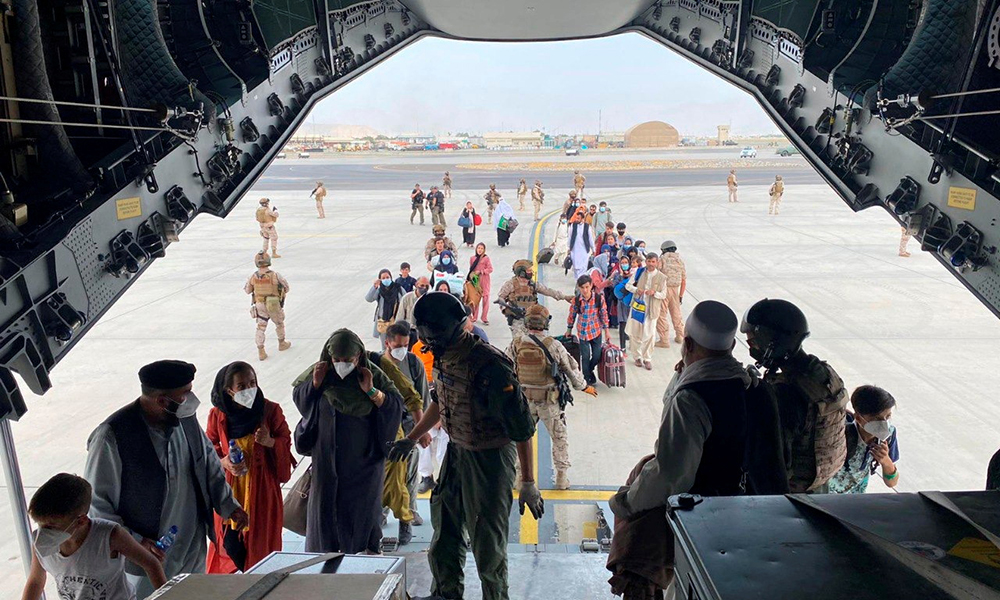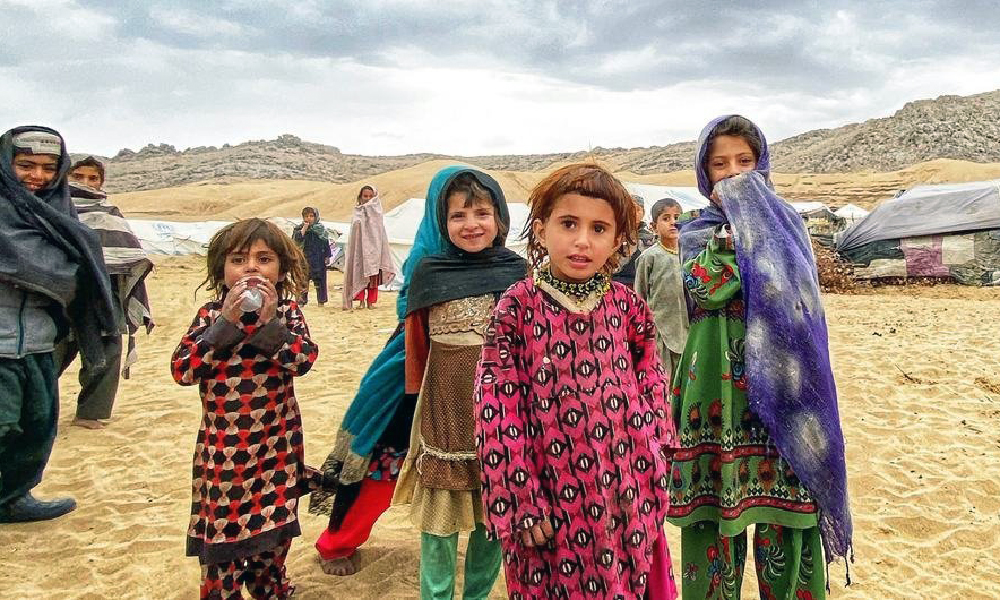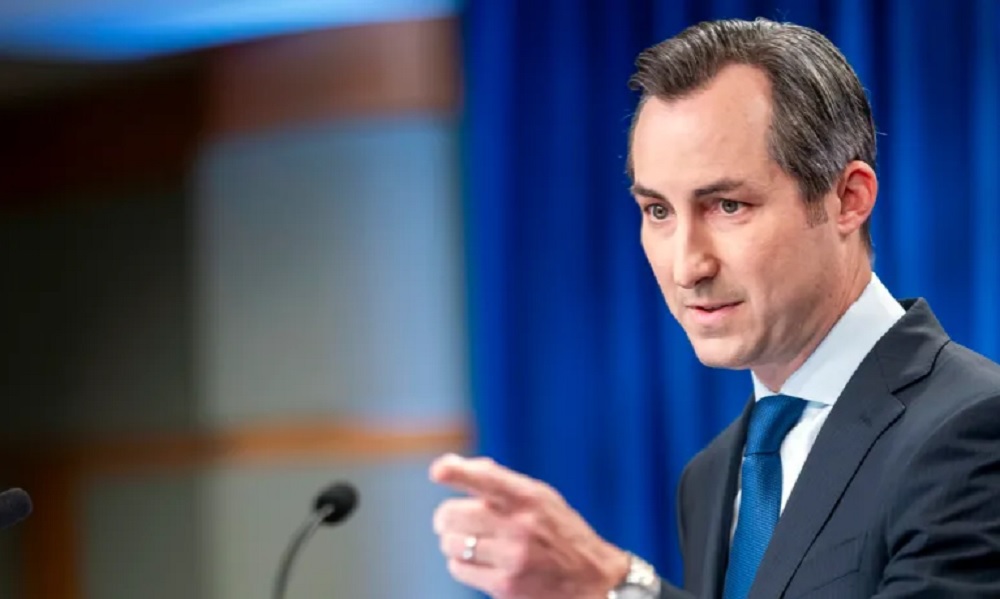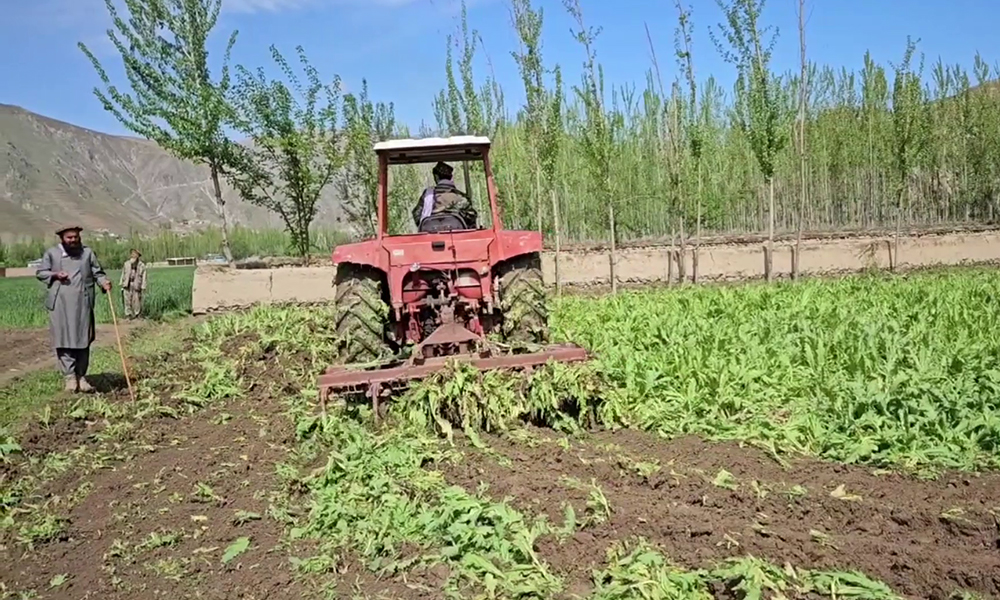Latest News
Blinken says US evacuated over 82,000 people in 12 days

U.S. Secretary of State Antony Blinken said late Wednesday that since August 14, more than 82,300 people have been flown out of Kabul.
Addressing a press conference in Washington, blinken said in the 24-hour period from Tuesday to Wednesday, approximately 19,000 people were evacuated on 90 U.S. military and coalition flights.
He said however that as US President Joe Biden has made clear, Washington’s first priority is the evacuation of American citizens.
“Since August 14, we have evacuated at least 4,500 U.S. citizens and likely more. More than 500 of those Americans were evacuated in just the last day alone,” he said.
He said their evacuation efforts were being carried out in “a hostile environment” with the “very real possibility of an ISIS-K attack.”
He said however that the U.S. was on track to complete its mission by August 31.
However, Blinken stated that the Taliban has given them the assurance that they will allow for safe passage of evacuees.
“The Taliban have made public and private commitments to provide and permit safe passage for Americans, for third-country nationals, and Afghans at risk going forward past August 31st.
“The United States, our allies and partners, and more than half of the world’s countries – 114 in all – issued a statement making it clear to the Taliban that they have a responsibility to hold to that commitment and provide safe passage for anyone who wishes to leave the country – not just for the duration of our evacuation and relocation mission, but for every day thereafter,” he said.
With regard to Washington’s diplomatic engagement after August 31, Blinken said: “We’re looking at a series of options, and I’m sure we’ll have more on that in the coming days and weeks, but we’re looking at a variety of options.”
Blinken also stated that the U.S. has been engaged with the Taliban for a number of years in a bid to advance a peaceful settlement in Afghanistan.
“There’s still talks and conversations underway even now between the Taliban and former members of the Afghan government with regard, for example, to a transfer of power and some inclusivity in a future government.
“And I think it’s in our interest where possible to support those efforts.
“Going forward, we will judge our engagement with any Taliban-led government in Afghanistan based on one simple proposition: our interests, and does it help us advance them or not. If engagement with the government can advance the enduring interests we will have in counterterrorism, the enduring interest we’ll have in trying to help the Afghan people who need humanitarian assistance, in the enduring interest we have in seeing that the rights of all Afghans, especially women and girls, are upheld, then we’ll do it,” he said.
“But fundamentally, the nature of that engagement and the nature of any relationship depends entirely on the actions and conduct of the Taliban,” Blinken stated.
Latest News
250,000 Afghan children need homes, food, education after returning from Pakistan

In the wake of an announcement by Pakistan that it intends to start Phase Two of deportations of Afghans, Save the Children said Thursday that almost a quarter of a million Afghan children need proper homes, food, and access to education after returning from Pakistan in the past seven months.
In a statement issued by the organization, Save the Children said more than 520,000 Afghans have returned from Pakistan since September last year, after Pakistan said all undocumented foreigners must leave the country voluntarily or face deportation.
Nearly half of all the returnees are children.
A survey by Save the Children of families who have returned to Afghanistan – and the communities who are hosting them – found that nearly all (99%) do not have enough food for the next one to two months.
About three-quarters of returnees and families in host communities reduced portion sizes or restricted the food consumption of adults so small children could eat.
About 40% of returnees and host families surveyed had to borrow food or rely on friends and relatives for at least three days a week – with 13% of returnees and 9% of host families saying they had to get food from others every day.
Almost 8 million children in Afghanistan – or one in three – are facing crisis levels of hunger.
Nearly one in six families live in tents, according to the survey, with most returnees having little or no means to support themselves.
Only a third had managed to bring assets back with them from Pakistan.
Nearly half (47%) said there were no jobs available in Afghanistan, with 81% saying that they do not have any skills that could lead to employment.
Almost two thirds (65%) of children who have returned to Afghanistan have not been enrolled in school. The majority (85%) told Save the Children that they don’t have the necessary documents to register and enroll in school.
In Pakistan, more than two thirds of these children had been attending school.
Arshad Malik, Country Director for Save the Children in Afghanistan, said: “Families are returning to Afghanistan with virtually nothing. Most are relying on relatives or friends to support them – and these communities already have little to support themselves.
“The return of so many people is creating an additional strain on already overstretched resources. Children need support and stability. Many undocumented Afghan children were born in Pakistan – Afghanistan is not the place they call home,” he said.
He added that in addition to the returns from Pakistan, 600,000 Afghans arrived from Iran last year. Also, “families have been forced from their homes by multiple disasters, including the series of earthquakes in Herat and the ongoing drought. Afghanistan is also now home to the second largest number of internally displaced people in the world – or roughly 1 in 7 people,” Malik said.
According to him, Afghanistan not only needs urgent funding from international donors and governments – but also needs long term, community-based solutions to help all displaced Afghans rebuild their lives.
Latest News
US asks IEA to ensure Afghan soil not used by terrorists

The US State Department on Thursday asked the Islamic Emirate of Afghanistan (IEA) to ensure that Afghanistan is not used to support terrorist groups, movement of terrorists or acts of terrorism.
A State Department spokesman told Geo News that Washington has “been very clear that we will judge the Taliban (IEA) by what they do, not what they say.”
“The Taliban (IEA) wants international legitimacy. This requires the Taliban (IEA) to meet their commitments to the international community,” the official said.
The spokesperson said the most enduring interest for the US in Afghanistan was to ensure that it never again became a safe haven for terrorists, especially for those who wished harm to the US or its partners or allies.
“We are in regular communication with Pakistani leaders as a part of our partnership on counterterrorism issues. We continue to discuss Afghanistan in detail, including through our annual counterterrorism dialogue and other bilateral consultations,” the official said.
Islamabad has time and again urged Kabul to take meaningful action against terrorists using Afghan soil to launch attacks inside Pakistan.
However, the IEA has repeatedly rejected claims of militant groups in the country and have said they will not allow any group to threaten a country from Afghanistan.
On Tuesday, the Pakistan Army’s top commanders were briefed on how terrorist groups operating from Afghanistan pose a threat to regional and global security, besides acting as proxies against Pakistan and its economic interests, especially the China-Pakistan Economic Corridor (CPEC).
A day ago, the Inter-Services Public Relations (ISPR) said security forces had killed seven terrorists trying to infiltrate the Pakistan-Afghanistan border in the North Waziristan district.
In a statement, the military’s media wing had said the security forces on April 16 had detected a movement of a group of seven terrorists near the border in the Spinkai area of Ghulam Khan in the tribal district, Pakistan’s The News reported.
Latest News
Over 6,000 acres of land cleared of poppies in Badakhshan

Badakhshan Police Command says it has cleared more than 6,000 acres of poppy fields in northern Badakhshan province.
The anti-narcotics department of Badakhshan Police Command says that since the beginning of the campaign to destroy the poppy fields in this province, they have cleared more than 6,000 acres of land.
According to these officials, poppies have however been planted in more than 10 districts this year.
The anti-narcotics department of the Badakhshan Police Command says that the campaign to destroy the poppy plantations started two months ago and continues.
According to the officials, during this period, 6,300 acres of land has been cleared.
Some of the farmers whose fields were destroyed say that poppy is more profitable than other agricultural products, but now that their land has been cleared, they want alternative crops.
According to the officials, Kishim, Argo, Darayimand and Jurm districts are among the districts where poppies are cultivated.
-

 Sport5 days ago
Sport5 days agoACL draw to be broadcast live on ATN channels
-

 Sport4 days ago
Sport4 days agoACL fever grows as fixtures finalized
-

 World4 days ago
World4 days agoUS will not take part in any Israeli retaliatory action against Iran
-

 Latest News4 days ago
Latest News4 days agoOver 50 people dead in traffic accidents over Eid
-

 Latest News4 days ago
Latest News4 days agoUS identifies Kabul airport suicide bomber
-

 Business4 days ago
Business4 days agoAfghanistan-Kazakhstan chamber of commerce opens in Herat
-

 Latest News4 days ago
Latest News4 days agoGood rains enable DABS to increase power production in Kabul
-

 World3 days ago
World3 days agoIsraeli military vows response to Iran attack as calls for restraint mount
























